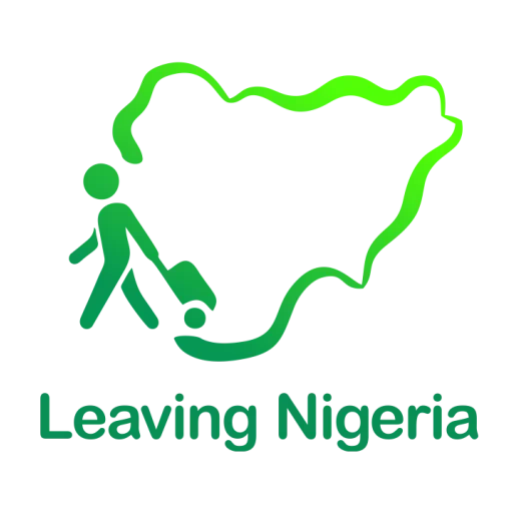Beginning in 2026, citizens of several African countries, including Nigeria, South Africa, Kenya, Egypt, Morocco, Ethiopia, and others, will face higher U.S. visa charges, stricter documentation requirements, and longer processing times as part of a newly announced U.S. visa reform initiative.
The changes respond to rising demand for visas from African nations and growing U.S. security concerns surrounding migration flows.
What Changes Are Coming
Under the new regime:
- Application fees for visa categories such as tourist (B1/B2), student (F/M), work visas (H-1B), and exchange visitor visas (J) will increase.
- Applicants will be required to present more comprehensive documentation—proof of strong ties to the home country (employment, property, family), financial stability, and intent to return.
- Visa processing times in embassies and consulates across Africa are expected to lengthen, in some cases by weeks.
- Additional issuance fees (ranging between $50 and $200, depending on the visa type) will be introduced for certain nationalities.
Already, Nigerians and Kenyans face multi-week waiting periods for visa processing. With the new rules, these wait times may stretch further.
Countries Affected
Among the African countries impacted by the new rules are:
- Nigeria
- South Africa
- Kenya
- Egypt
- Morocco
- Ethiopia
- Uganda
- Ghana
- Tanzania
- Senegal
These nations are prominent in U.S. visa application volumes and will be closely watched under the revised framework.
ALSO READ:
Trump’s 15% Cap Proposal & the Shrinking U.S. International Student Pipeline
How this impacts travelers
- Higher costs: Many applicants will have to budget more for visas and issuance fees.
- Extended wait times: Processing delays may complicate travel plans for students, businesspeople, or conference attendees.
- Greater scrutiny: Applicants will need to prepare stronger supporting documentation to prove their intent to return and financial stability.
- Barriers for middle-class travelers: For many, especially professionals or scholars, the higher costs and stricter demands could make U.S. travel less accessible.
Why the U.S. is making the change
Officials say the reforms are intended to manage surging visa demand, protect national security, and improve the integrity of the visa system. As visa applications from African nations have grown rapidly, the U.S. government contends that additional processes are necessary to screen risk and ensure proper legal compliance.
While critics warn that the changes may place undue burden on genuine travelers, supporters believe they are a necessary recalibration.
What Nigerians & other Africans should do
- Apply well in advance of planned travel dates to accommodate longer visa processing times.
- Prepare robust supporting documents—employment letters, bank statements, property deeds, and proof of family or civic ties.
- Keep multiple copies of documents and translate as needed.
- Be aware of extra issuance fees and plan budgeting accordingly.
- Monitor announcements from U.S. embassies and consulates for updated visa instructions.
These changes represent one of the largest visa policy shifts targeting African applicants in recent years. For Nigerian and African travelers, the implications are real: more cost, more waiting, more paperwork.
But with careful planning, awareness of requirements, and early preparation, many can still navigate the changes. The key is to stay informed, be thorough, and act early.
Discover more from Leaving Nigeria
Subscribe to get the latest posts sent to your email.




